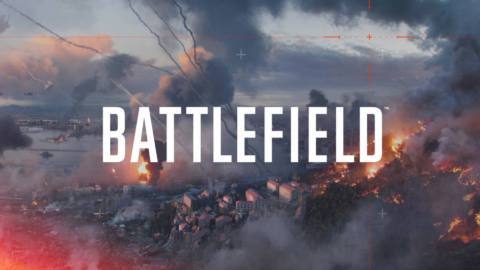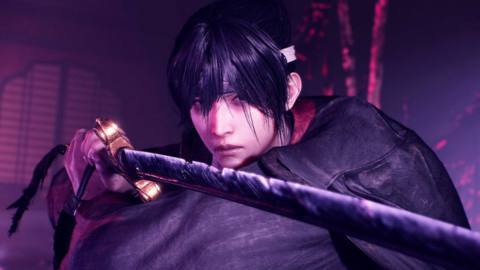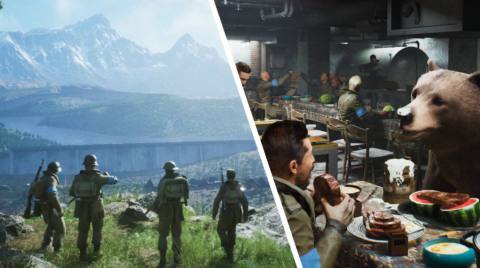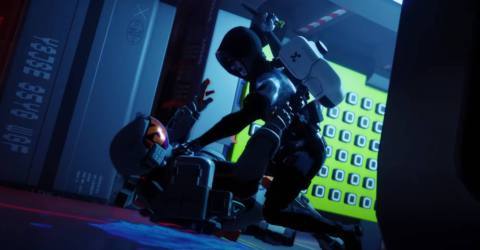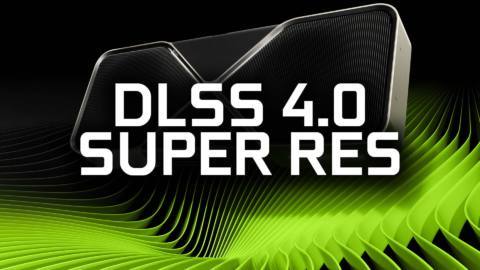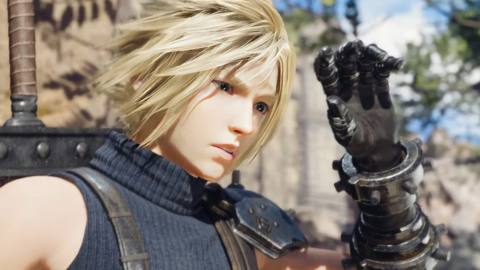
The original Final Fantasy 7 pushed technical boundaries on the PS1 and set new standards for storytelling within gaming. Its long-anticipated remake trilogy – starting with 2020’s Final Fantasy 7 Remake – is similarly ambitious, seeking to flesh out and rework the RPG on modern hardware. Due on February 29th, the middle part of the trilogy, Final Fantasy 7 Rebirth, promises a much larger and more sophisticated entry exclusively on PS5 console hardware. How have graphical boundaries been pushed on PS5? Have the demo’s image quality issues been resolved? And can the game hold a stable frame-rate, even with its open-world scope?
Digital Foundry coverage today is more of a preview than the typical in-depth coverage we’d like to deliver. Because of an unusually strict review embargo, we can only show you content from the first few hours of the game, we have to avoid certain sequences, and our accompanying video has to be short by our usual standards. Also challenging has been the announcement of a image quality patch for performance mode, which only ‘dropped’ yesterday. With all of this in mind, expect much more comprehensive coverage on the day of launch.
Once we’re into the game proper, there’s a sense that as accomplished and impressive the game is in so many areas, it’s certainly not above criticism. Firstly, the asset quality is very inconsistent in the opening level. There’s plenty of good-looking rock formations with decent levels of texture detail, but it’s easy to spot some oddly low-resolution work here. Some of the rocks are also very angular and low-poly. It’s inconsistent and a little strange, not quite up to the level of quality we’d expect. To Square-Enix’s credit, there’s lots of ground clutter and these scenes do exhibit a good amount of density, but the overall fidelity just isn’t quite where it should be.


